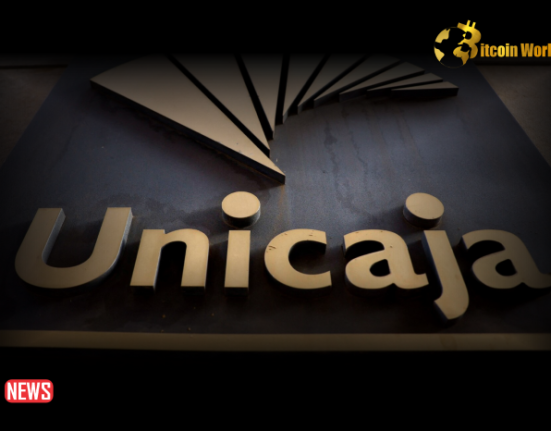After more than a year of debate in the Paraguayan Congress, President Mario Abdo of Paraguay has exercised an executive veto on the newly enacted cryptocurrency bill. The proposal, which was unveiled in July 2021, seeks to define the regulations that cryptocurrency mining companies and other service providers of virtual assets must follow while operating on Paraguayan territory.
According to the proposed legislation, power fees for cryptocurrency miners should be 15% higher than those charged by businesses in comparable fields. Although this activity is “marked by its high electrical energy consumption, with intensive use of capital and limited use of labor,” Adbo’s veto order makes this clear. The executive order paints a gloomy picture of the situation in Paraguay, warning that if this business experiences rapid expansion, the nation may eventually be forced to buy energy.
The country’s cryptocurrency and bitcoin mining industry may experience a slowdown as a result of this action. Since China’s mining veto last year, some businesses have already started considering a potential entry into the nation.
Motives for the Veto
The veto addresses several issues that the nation’s national power administration raised in August. Due to the substantial losses, it was experiencing at the time, it ceased providing electricity to some miners. This was the result of power theft and improper power meter readings carried out by several mining corporations. Officers of the institution claimed that it had been losing more than $400,000 per month. They also stated that they opposed the bill’s cost structure and were in favour of a partial veto.
The future of the Bitcoin bill is currently in doubt because it must be sent to Congress before lawmakers may either accept this change or try to pass the bill once more. As president Laurentino Cortizo vetoed a similar measure in Panam last June, citing concerns about cryptocurrency-related money-laundering as the reason, this would not be the first time a president used his veto powers to block a cryptocurrency-related bill in Latin America.














